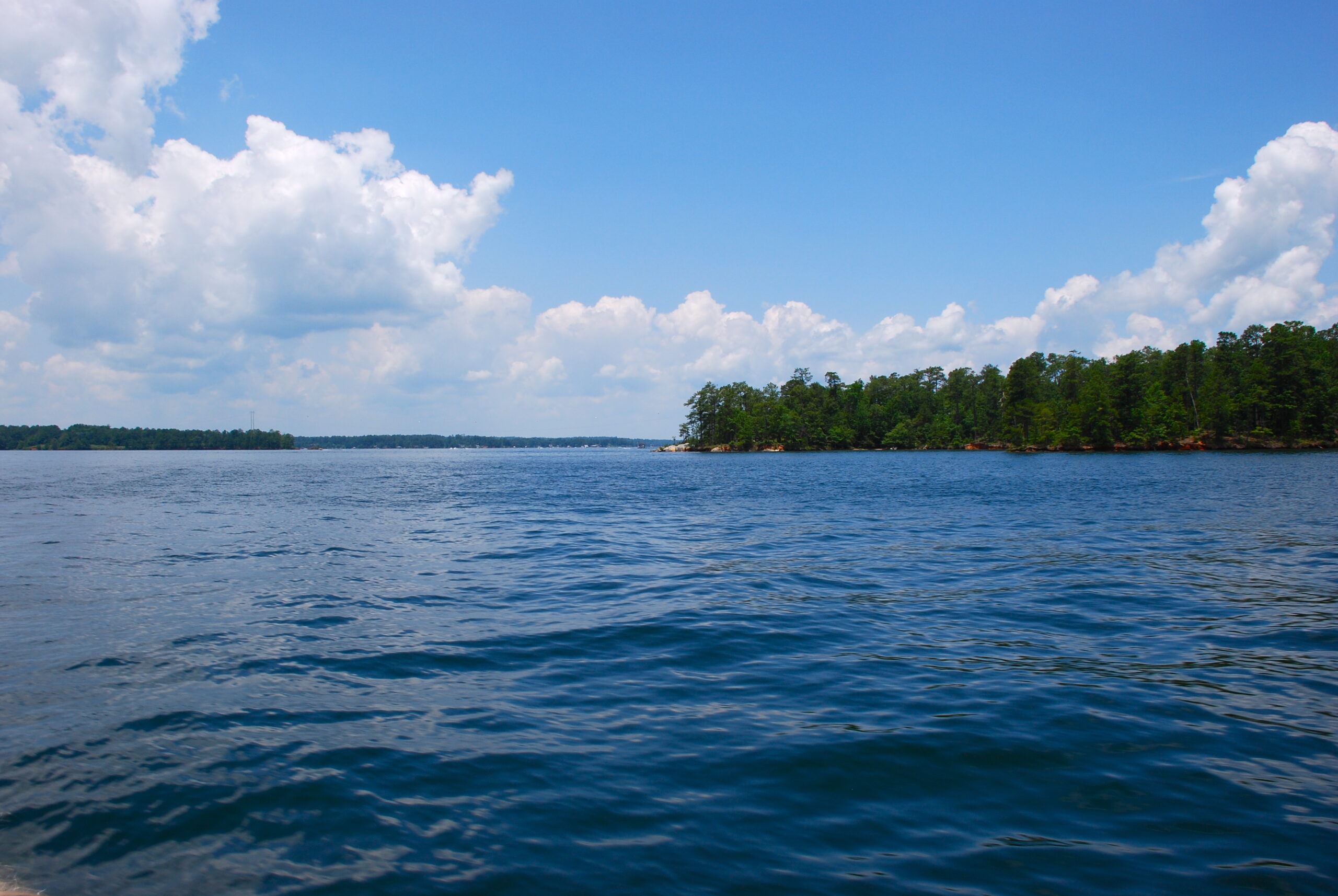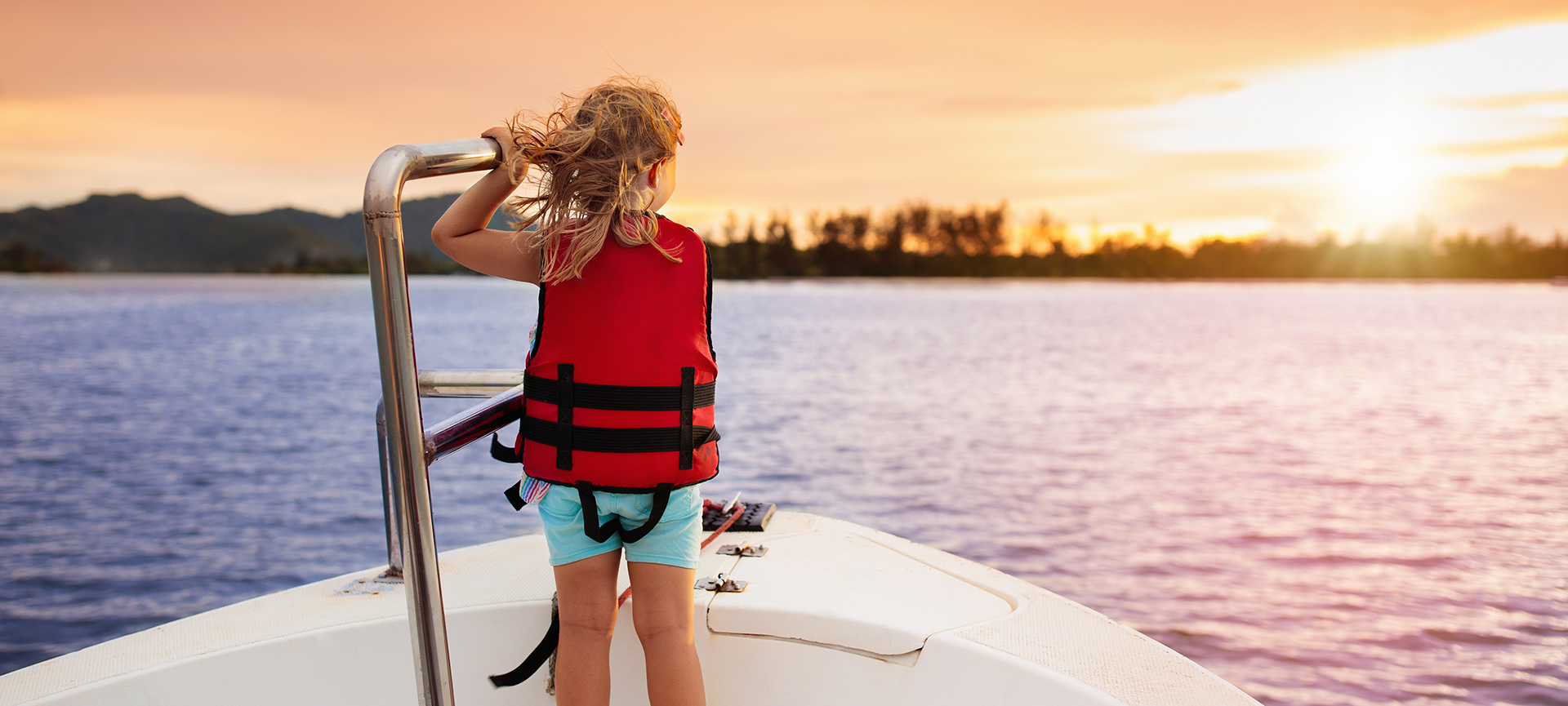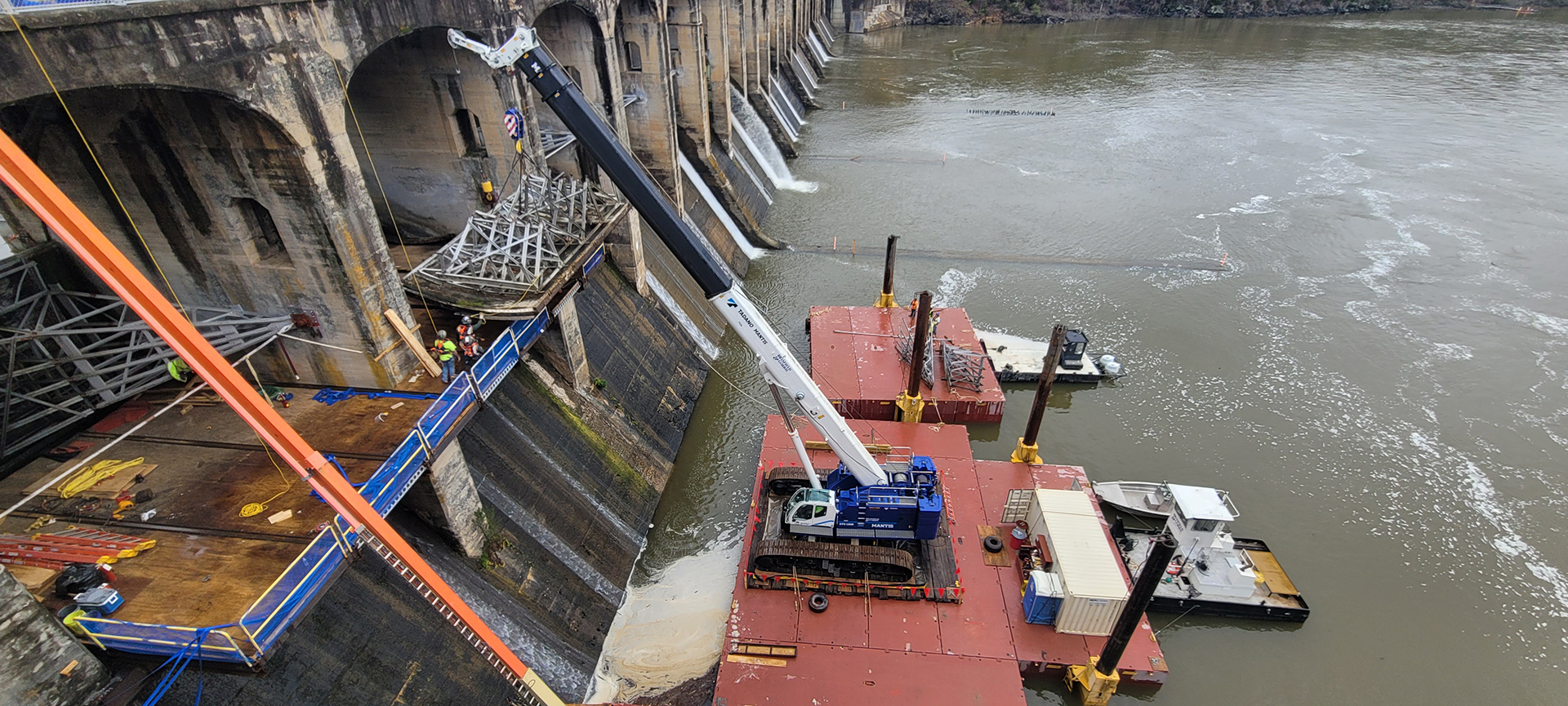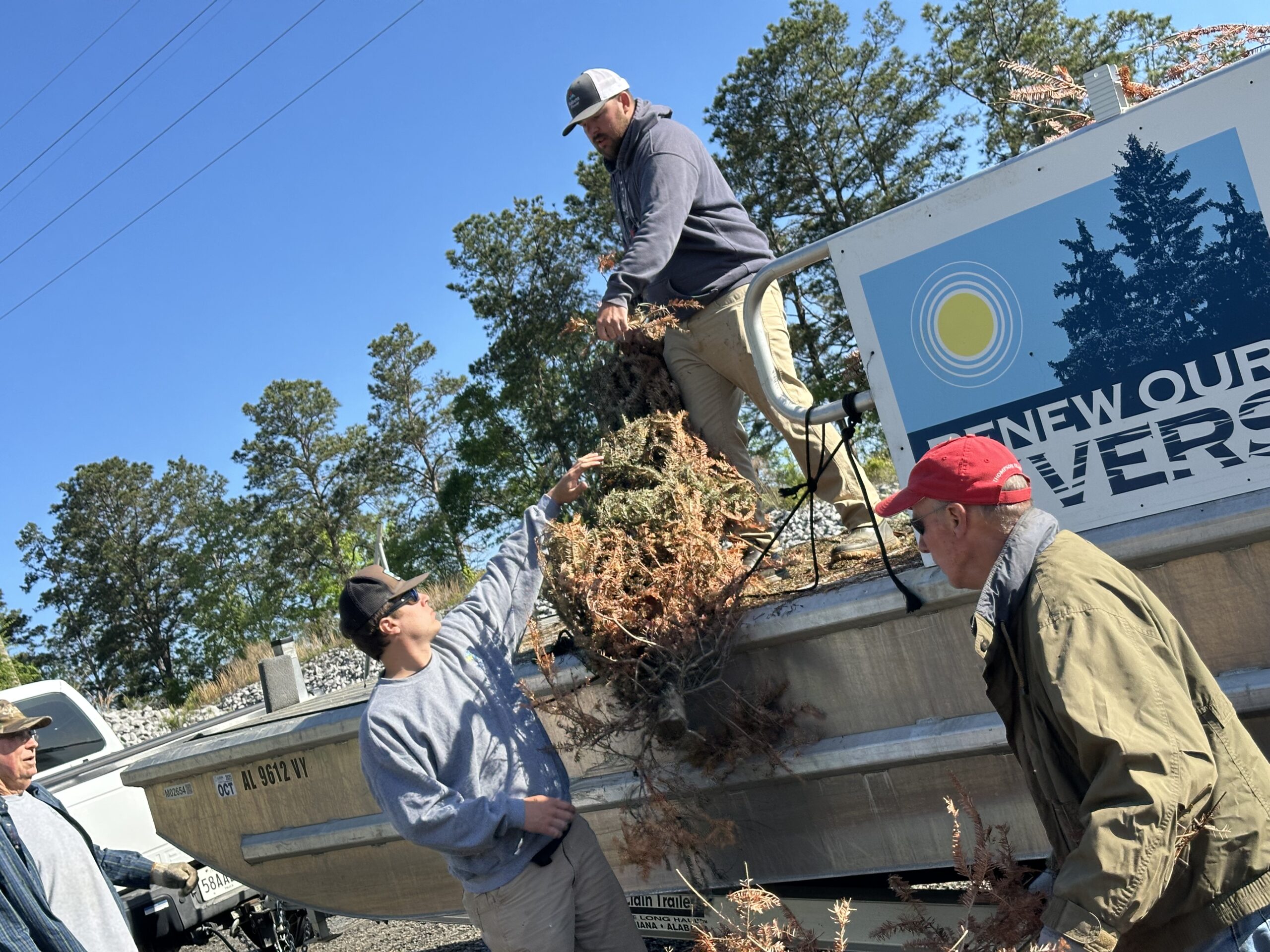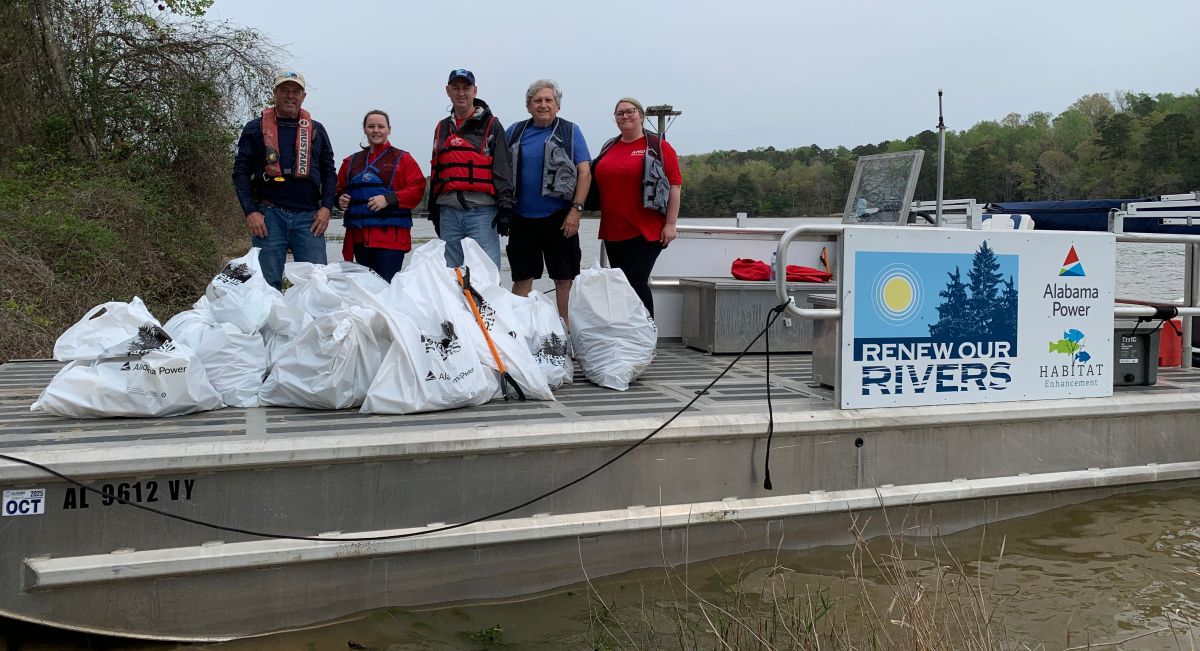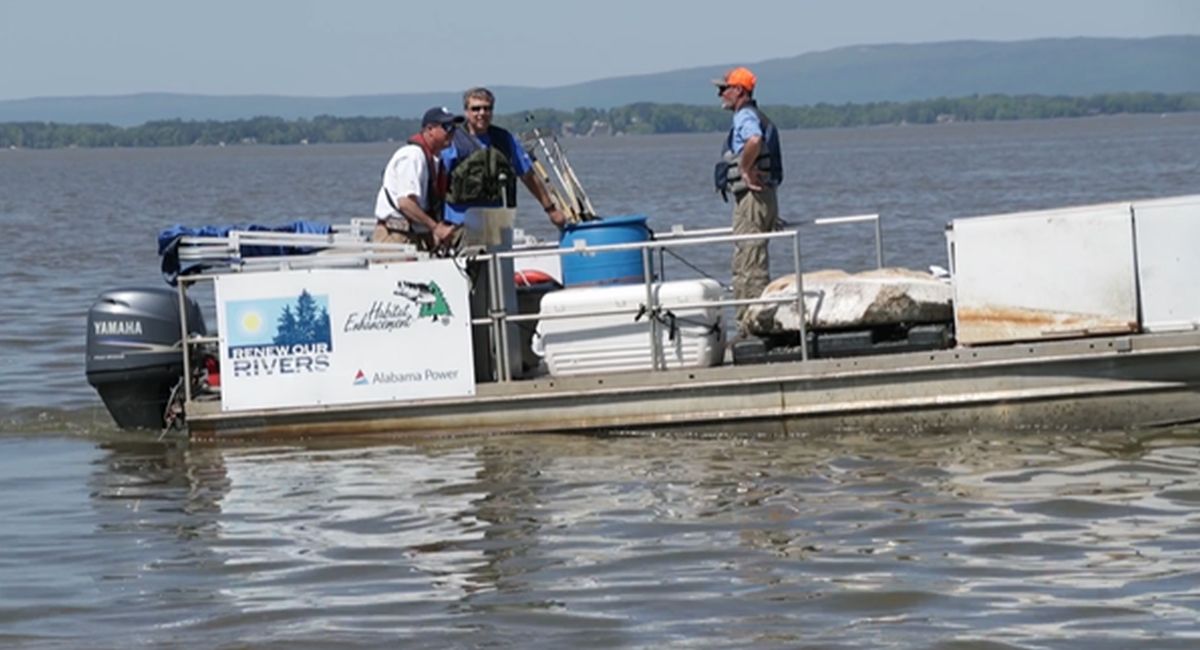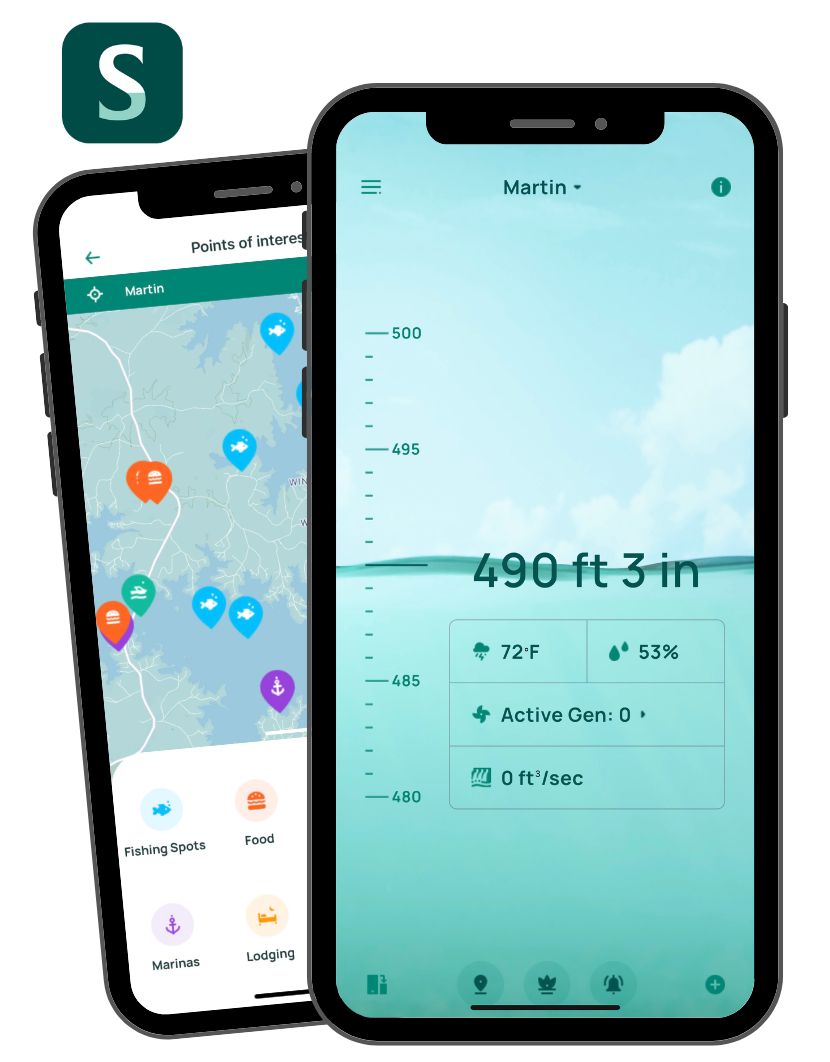As the boating season approaches, it is time to polish your boat and get it ready for a dependable, fun time on the water. Doing this now saves a world of trouble later out on the water.
Batteries are the most important place to start. Of course, fully charge your batteries at home before you go to the lake.
Many boaters have the wrong battery on their boat. They use a “marine” battery, which is a deep-cycle battery. These have three real purposes: as a trolling motor, to run an RV electric system, and to run a solar electric system. I do all three, but most people do none of these. To crank your engine, use an automotive “cranking” battery. So my No. 1 battery is the cranking battery wired to the engine.
At the boat ramp, I want to make sure my battery will easily start the engine all by itself. But right beside the battery is my backup battery, so if the No. 1 battery goes dead, I have a 100 percent backup. Again, the No. 1 battery is wired to the engine. At the boat ramp with the engine running, I use jumper cables to attach the backup battery to the No. 1 battery. While out on the water, the engine is now charging both batteries.
Don’t leave the batteries hooked up, as a drain will kill both and then you will have no backup. Drains happen: You accidentally leave a light or the radio on overnight.
Now look hard at the trailer. A lot of the trouble people have in boating is not with the boat but with the trailer. If the tires are over seven years old, it is time to replace them, regardless of their tread. If you don’t, a blowout is coming soon.
As with most trouble, this will likely happen far from home at the most inconvenient time. The easiest way to upgrade your tires is to put new wheels/tires on your trailer and keep the current ones for spares. Don’t cut corners on your tires unless you live within sight of the lake.
 Check the trailer lights, make sure you have a current tag and spot-paint any rusty areas. Grease the axles before and after a long trip. Bearing buddies make this easy. Check your tie-down straps and lube the hookup to the vehicle. Sand the battery and connections and adding a dab of dielectric grease will ensure the electrical connections are good.
Check the trailer lights, make sure you have a current tag and spot-paint any rusty areas. Grease the axles before and after a long trip. Bearing buddies make this easy. Check your tie-down straps and lube the hookup to the vehicle. Sand the battery and connections and adding a dab of dielectric grease will ensure the electrical connections are good.
By the way, remember to unplug your lights before backing the trailer into the water. Cold water and hot lights mean you will soon be buying new lights.
Chris Miller is a licensed U.S. Coast Guard boat captain who lives in Georgia and spends time at Weiss Lake.


